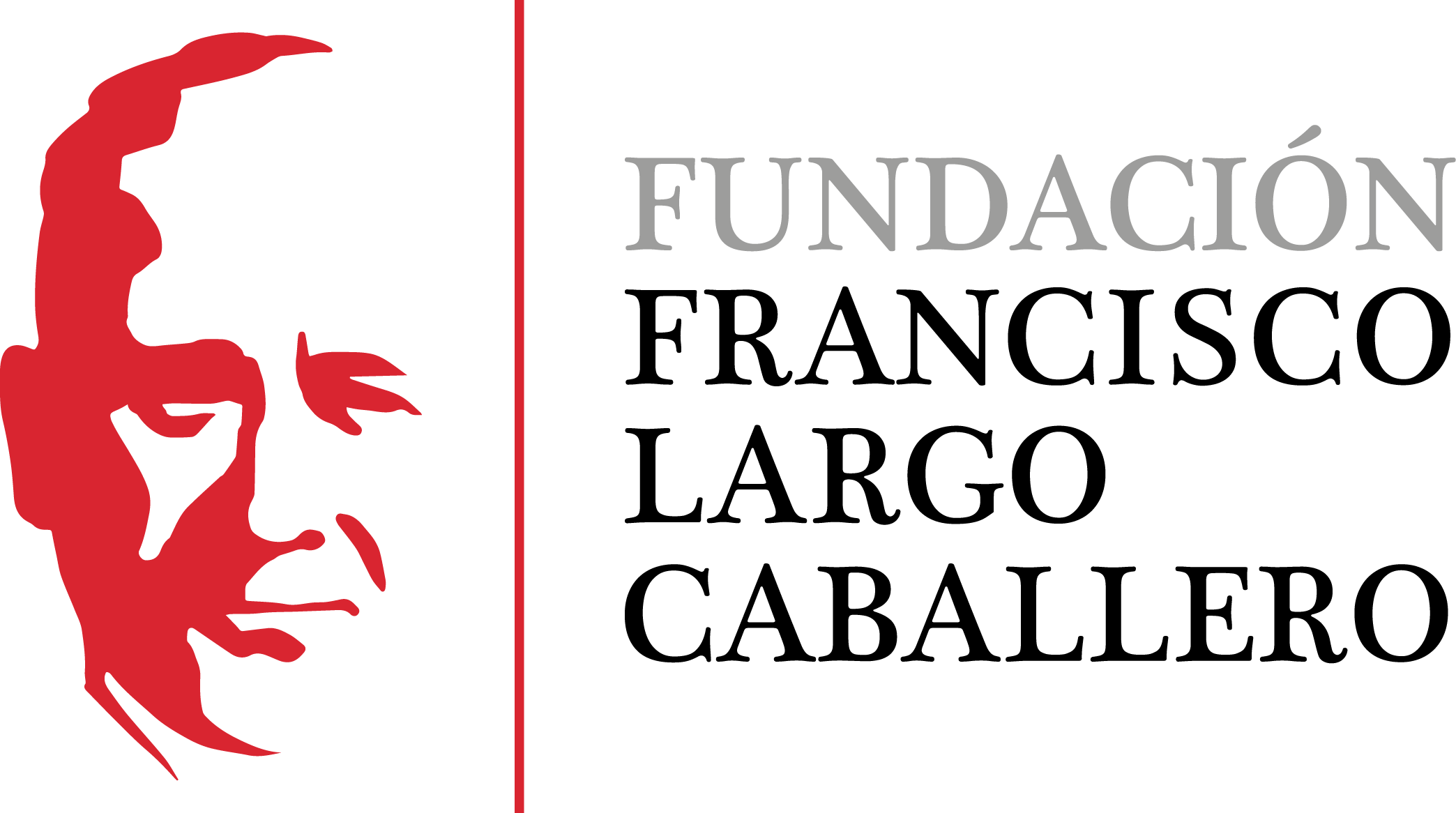The nation in antiliberal view. Fatherland and monarchy in the works of Lluís M. de Moixó
DOI:
https://doi.org/10.69791/rahc.105Keywords:
Ideas of nation, Spanish nation building process, antiliberalism, Spanish carlism, nineteenth century-SpainAbstract
The political idea of nation is usually understood as a main theoretical field, in which political liberalism developed in the first half of the Nineteenth century. Antiliberalists are thought to have been unable to benefit from any national discourse, since they were deeply dependent on the king and God principles. Against the background of the vexed question of the “weak nationalization” in Nineteenth Century-Spain, this article examines the particular idea of nation proposed by the romantic French writer and politician Chateaubriand in the aftermath of Napoleon’s defeat in 1814, as a way to understand the later works of the Spanish absolutist Lluís M. de Moixó, third baron of Juras Reales, during the last period of King Ferdinand VII and the outbreak of the First Carlist War (1833-1840).
Downloads
Global Statistics ℹ️
|
100
Views
|
26
Downloads
|
|
126
Total
|
|
Downloads
Published
How to Cite
Issue
Section
License
Copyright (c) 2015 Jesús Millán García-Varela

This work is licensed under a Creative Commons Attribution 4.0 International License.
Alcores is an open-access journal. It provides unrestricted access to its content from the moment of publication. We respect intellectual property rights, and for this reason, the author retains the copyright. All content is distributed under a Creative Commons Attribution 4.0 International (CC BY 4.0) license. The terms of the license can be consulted at: https://creativecommons.org/licenses/by/4.0/
This license allows sharing (copying and redistributing the material in any medium or format) and adapting (remixing, transforming, and building upon the material for any purpose), provided that authorship and first publication in this journal are properly credited, a link to the license is included, and any changes made are indicated.
This type of license facilitates the freedom of reuse and ensures that the content of this journal can be used to meet research needs.





